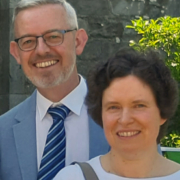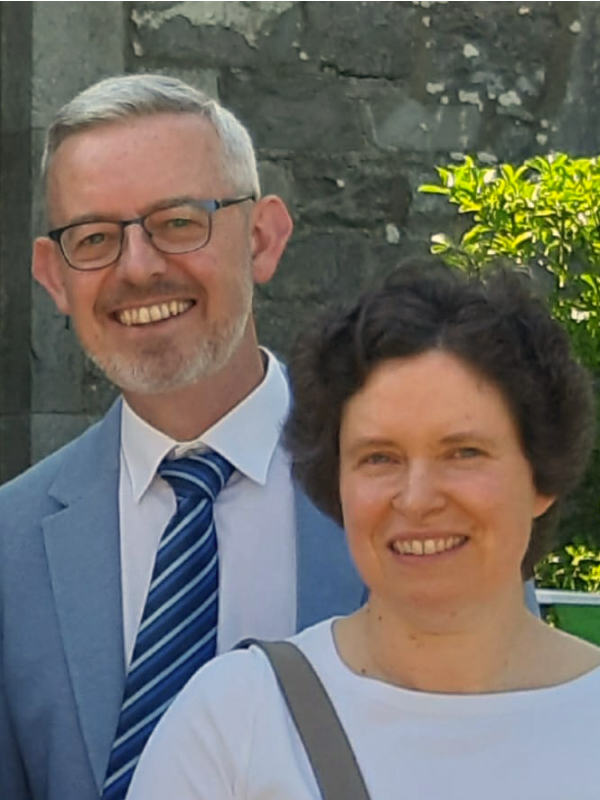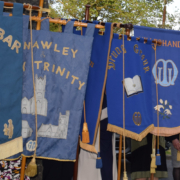Rev Michael Kenning shares his thoughts on his Ordination
Michael Kenning was ordained by Rt Rev Dr Ferran Glenfield at St John’s Church, Longford, alongside Gail McNeill and Edward Lindsay on 15th of June. We invited him to share his thoughts with the people of the diocese after this special occasion.
Being ordained as a deacon on Sunday 15th at St John’s Longford was not only an immense privilege, but a very special and deeply moving high point in my life. The occasion was filled with great personal significance as I saw promises that God had spoken over me many years earlier being fulfilled.
During the ordination service, I was aware of an enormous sense of thankfulness for all that God has accomplished in my life this point. I am grateful for so many things. For the strong sense of calling to ordained ministry that he has given me. For the love, grace and forgiveness that he has extended to me over so many years, since I came to Christ as a teenager. And I am grateful for the sense of peace that he has given me, knowing that he who calls, also equips, and therefore he will supply all I need for the important task of parish ministry in the years ahead.
There was also a wonderful sense of being part of the family of God during the ordination service. It is a great joy to be joining this diocese, which clearly has such a strong sense of love, mutual support, encouragement and unity, centred around the truths of the Gospel. During the weekend it was great to get to know Gail Mc Neill and Edward Lindsay and to receive so many encouraging words from colleagues in my new diocese.
It was also wonderful to see so many friends attend my ordination from my previous intern parish of Ross Union in West Cork, my former home parish in Carrigrohane, Cork, my new parish in Cootehill and also from the Church of Ireland Theological College in Dublin. I even had a friend unexpectedly travel all the way from Hampshire in England. The love that I received from everyone on the day of my ordination was truly humbling.
I begin my new ministry in Cootehill Group of Parishes with a great sense of God’s calling to this specific place. Some friends recently stated in a card they sent me, ‘Remember God has you exactly where he wants you’ and I believe this with all of my heart and know it to be true. I am looking forward to getting to know and love the people in the Cootehill Group and to serving as their Curate, while also seeking to faithfully model the life-transforming message of the gospel to the surrounding community. The Bible verse that has been speaking to me in this season is from Psalm 37:5, ‘Commit your way to the Lord: trust in him and he will act’. I know that as we commit our lives to God in the Cootehill Group and trust in him for all our needs, the Lord will act and do new things amongst us.

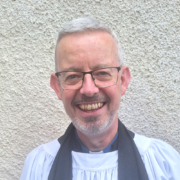
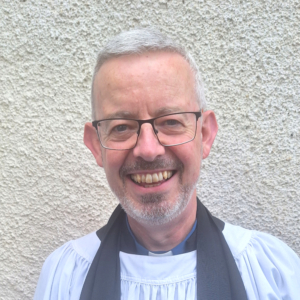
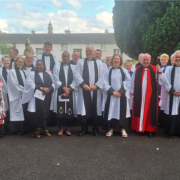
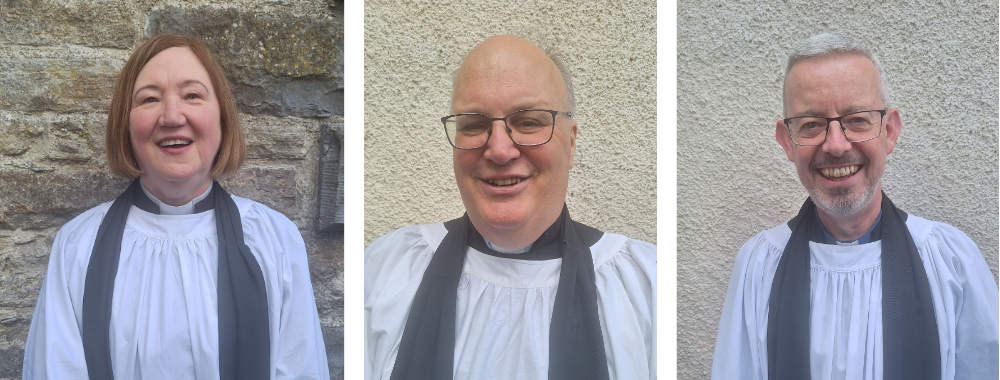
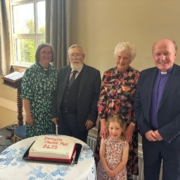
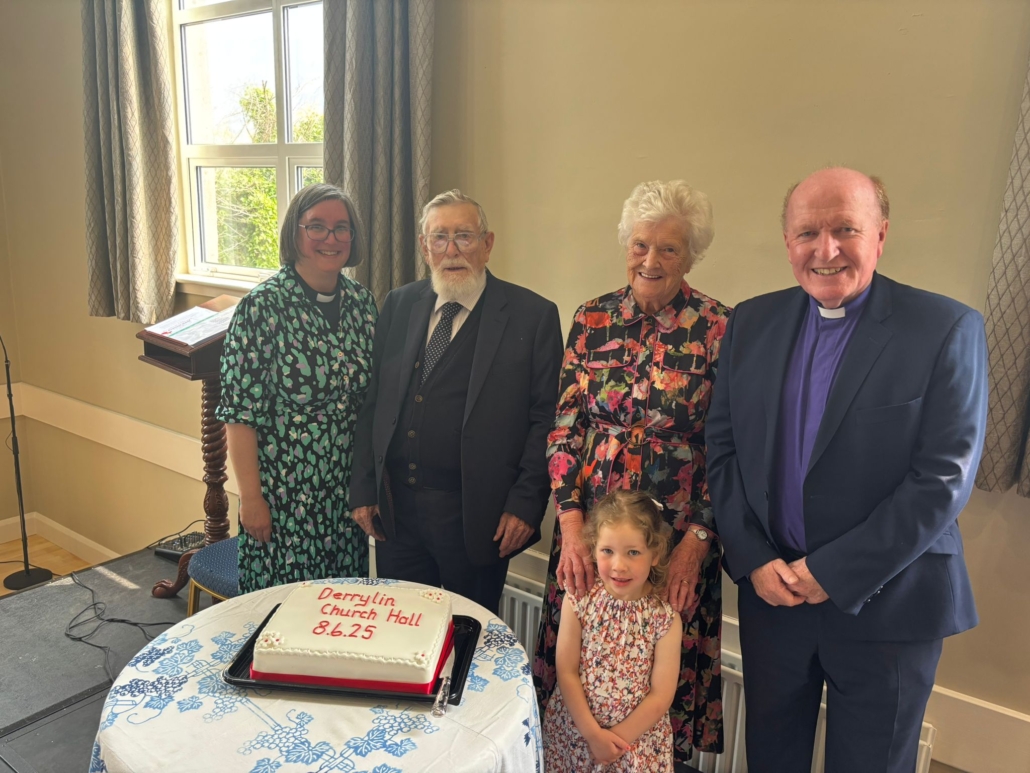
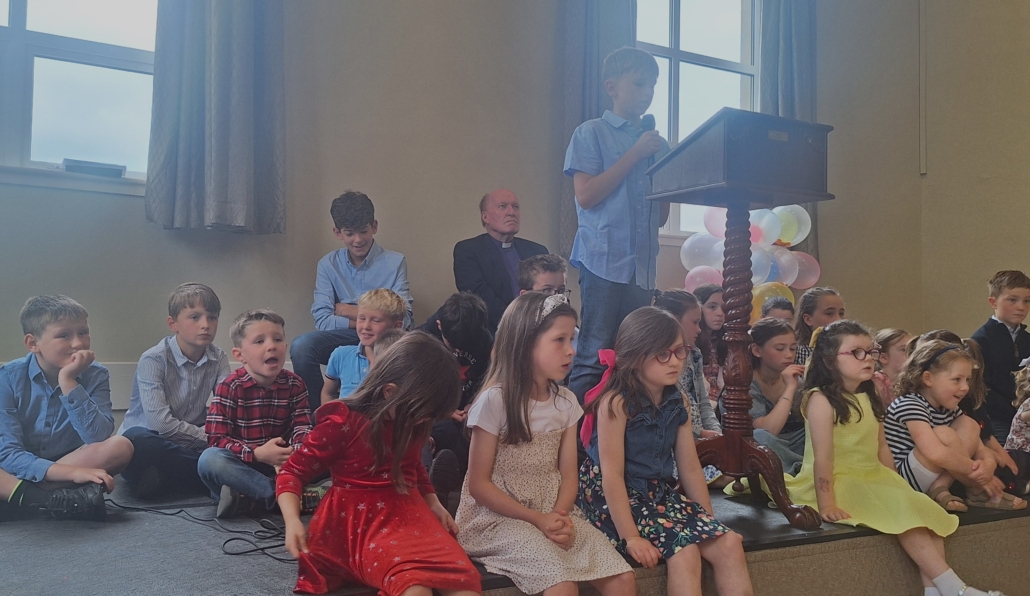
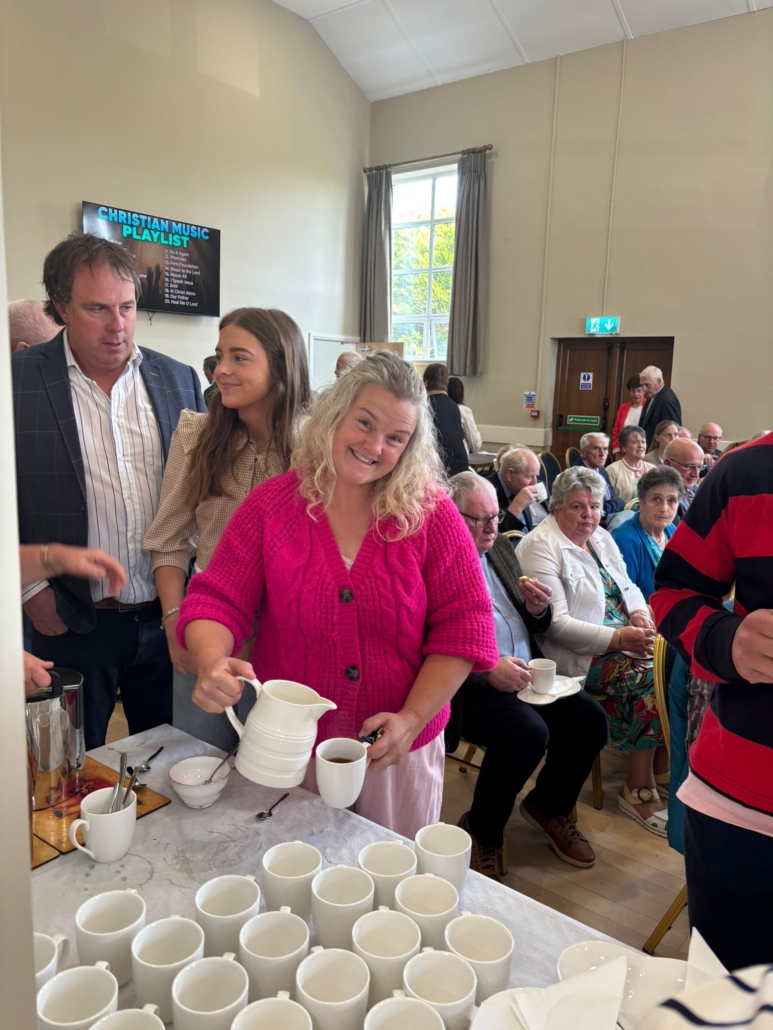
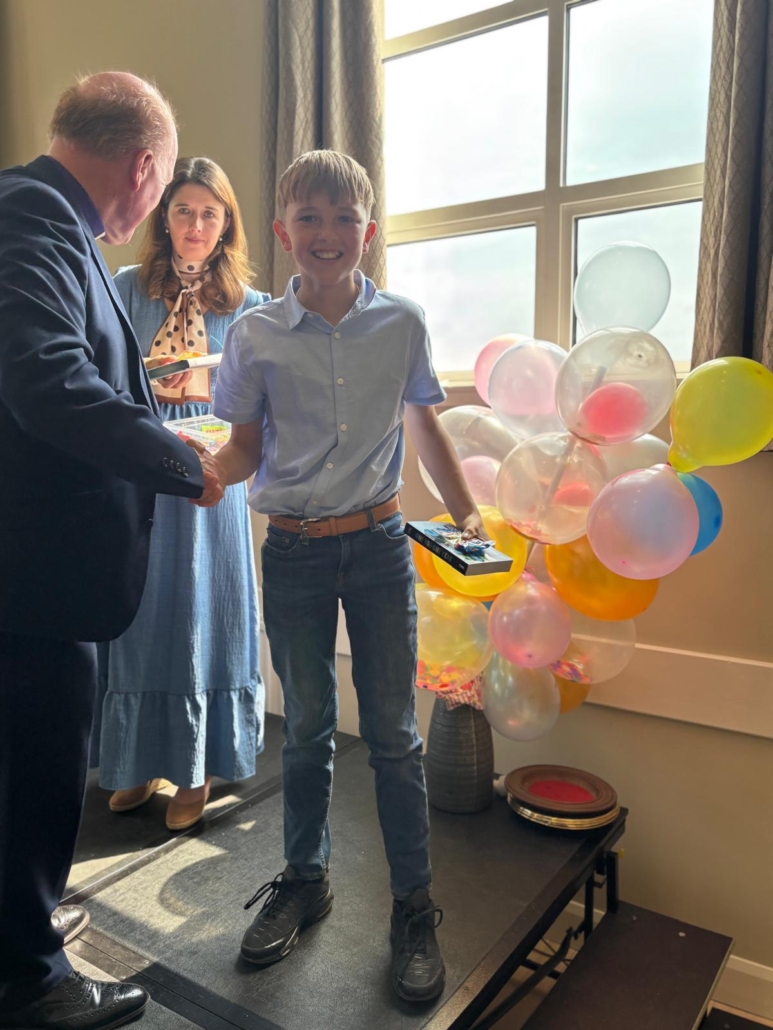
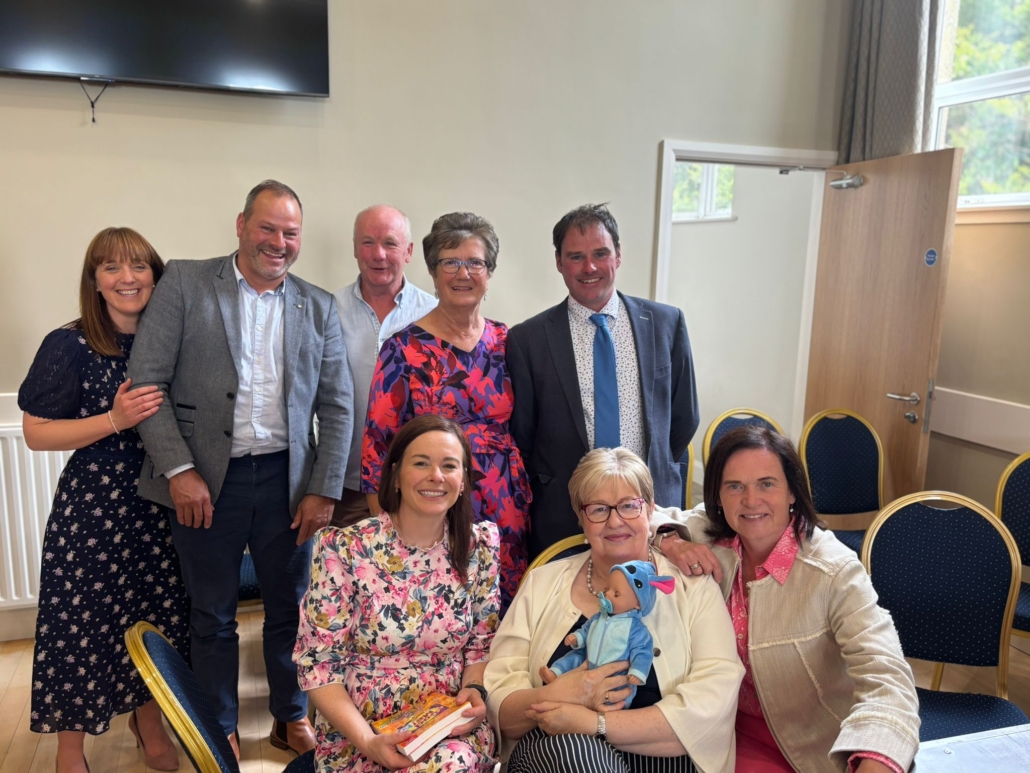
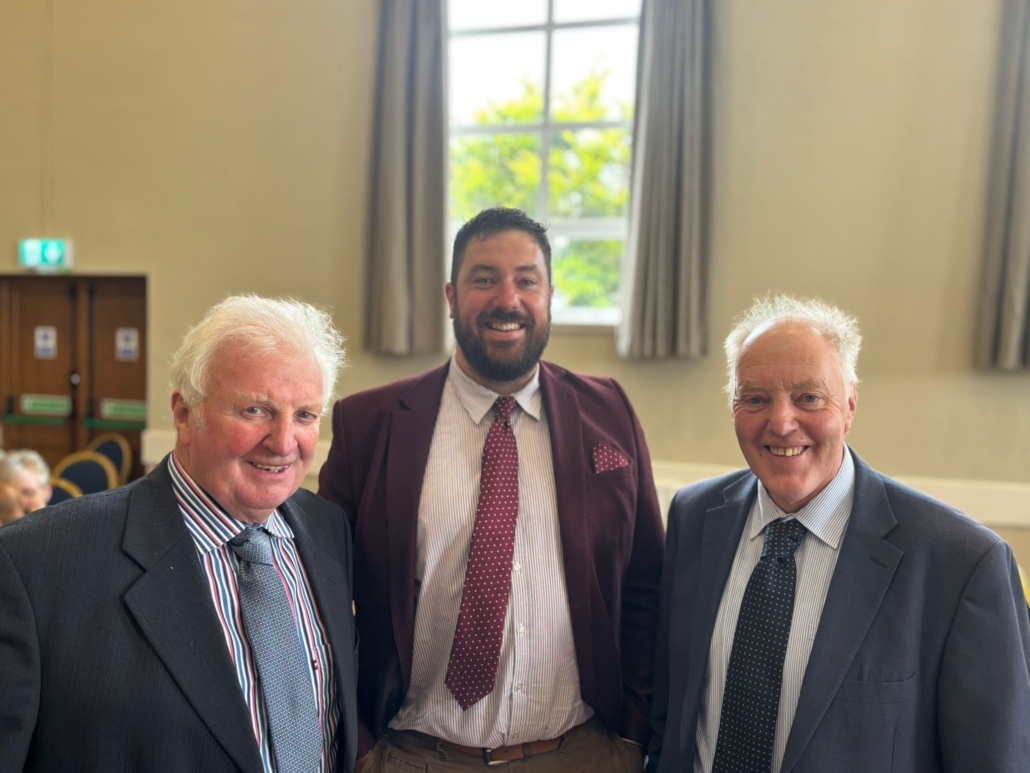
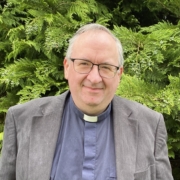
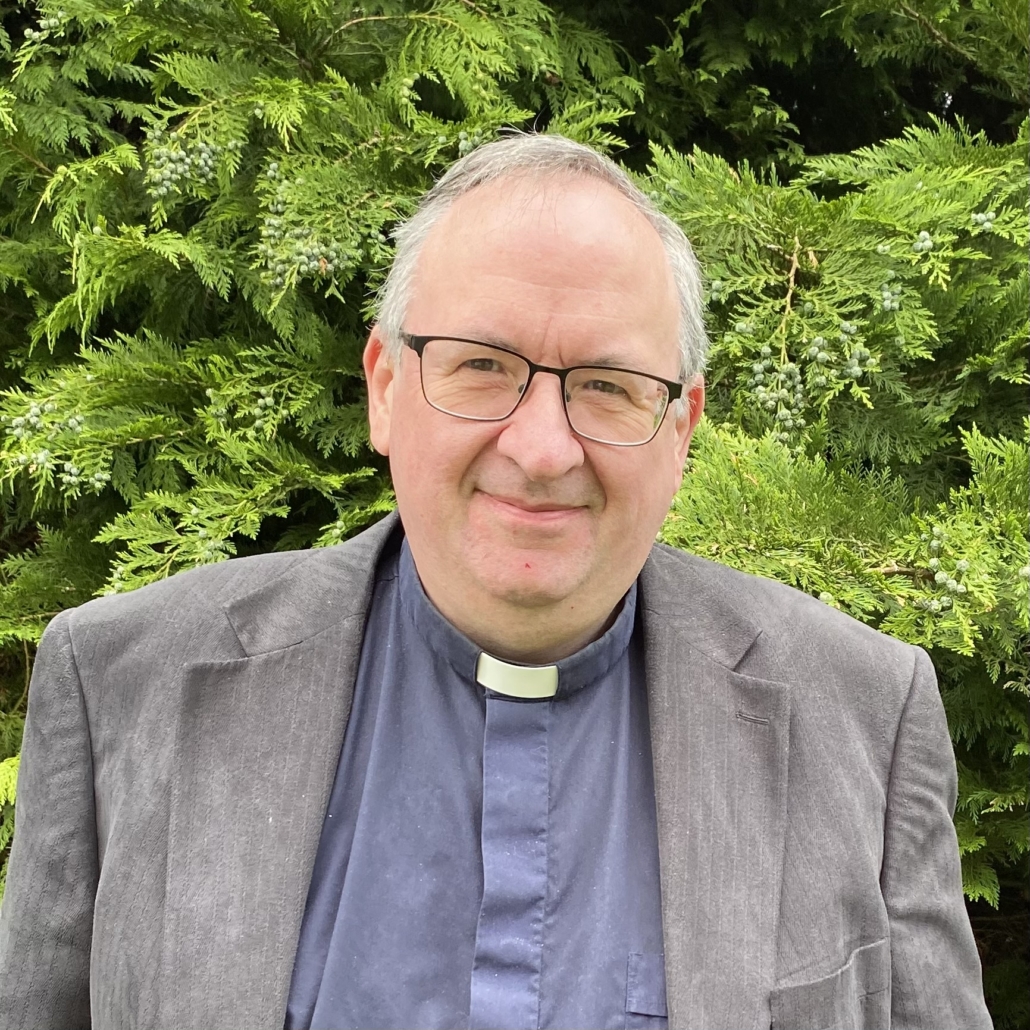
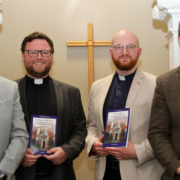
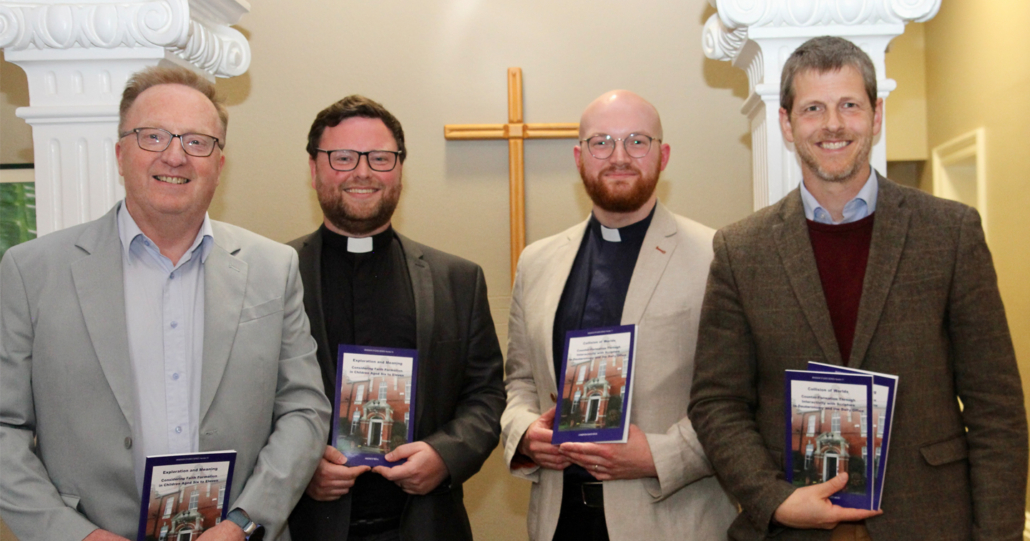
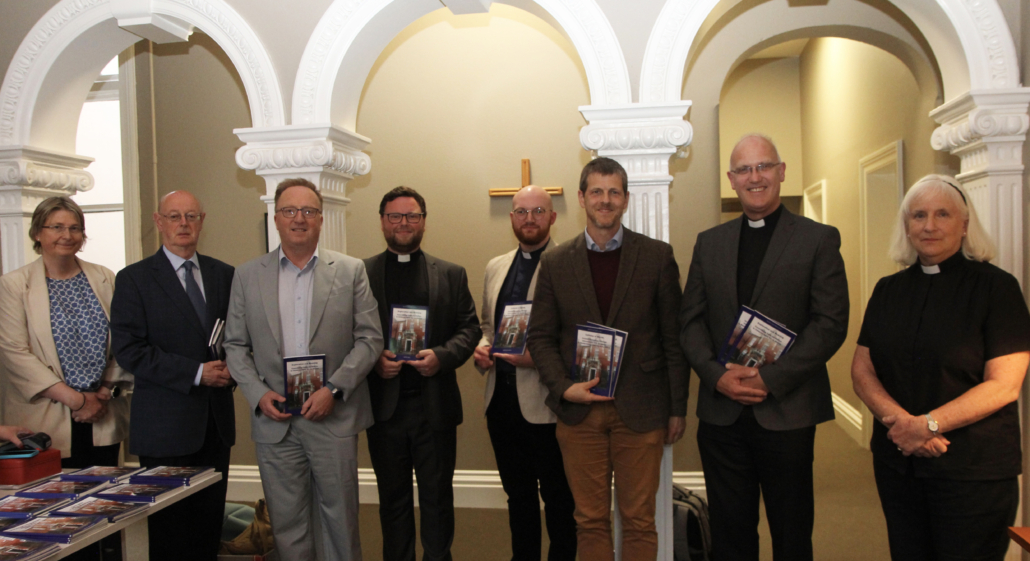
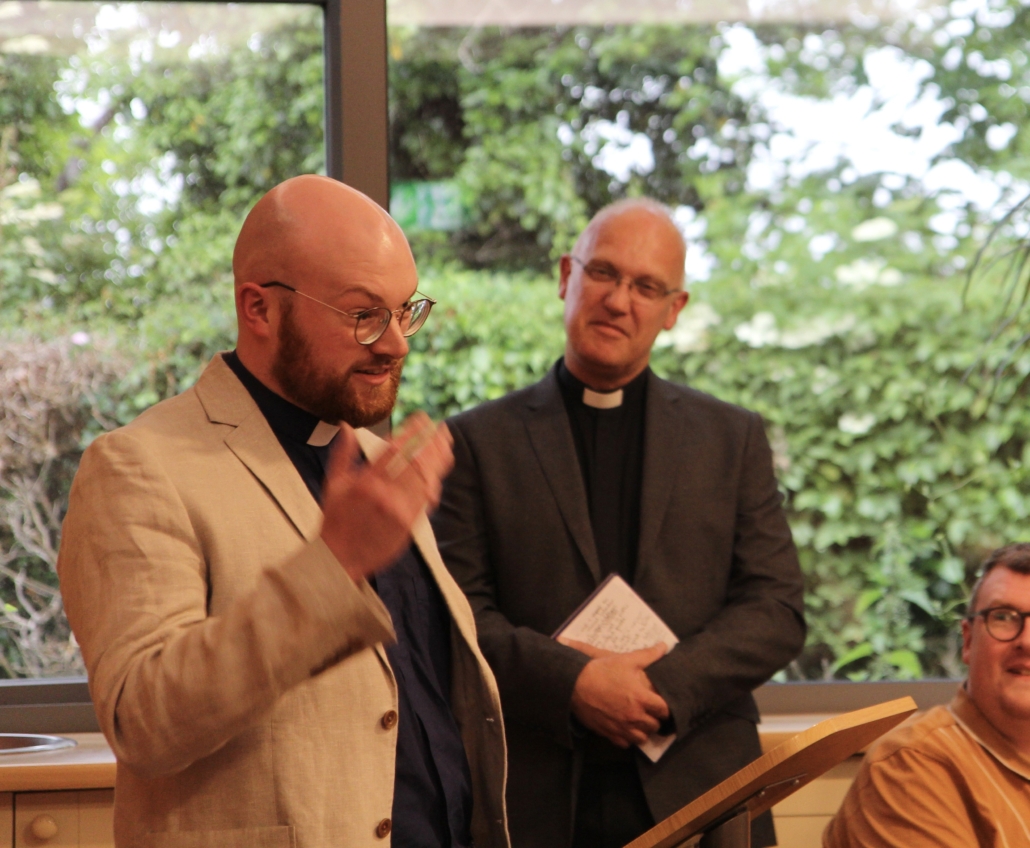
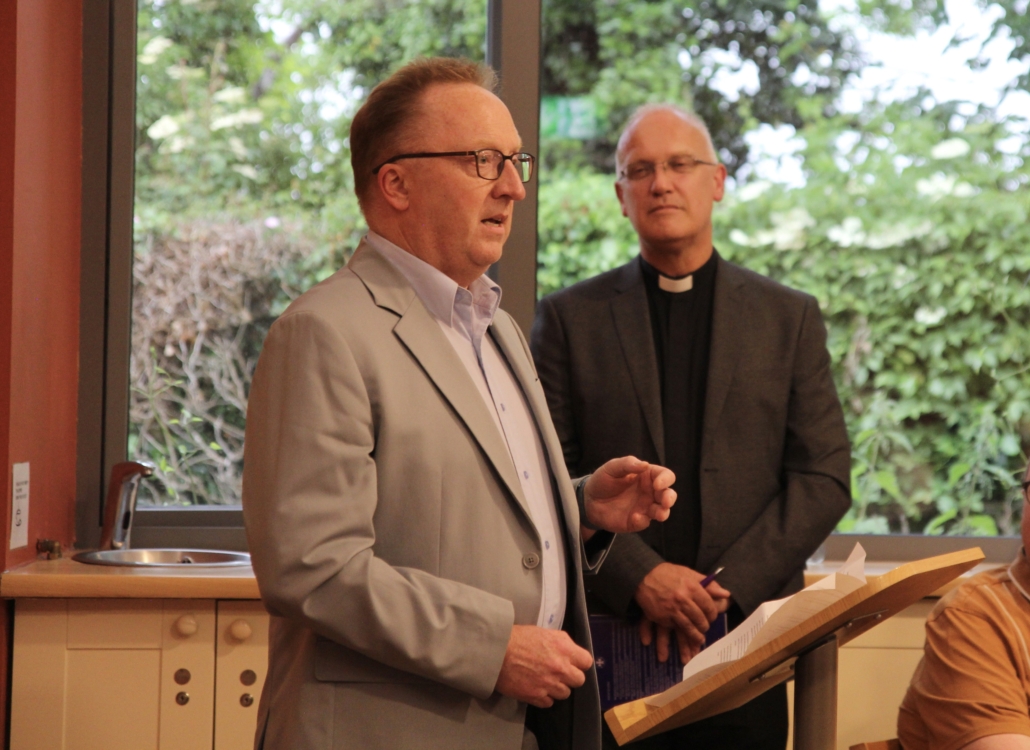
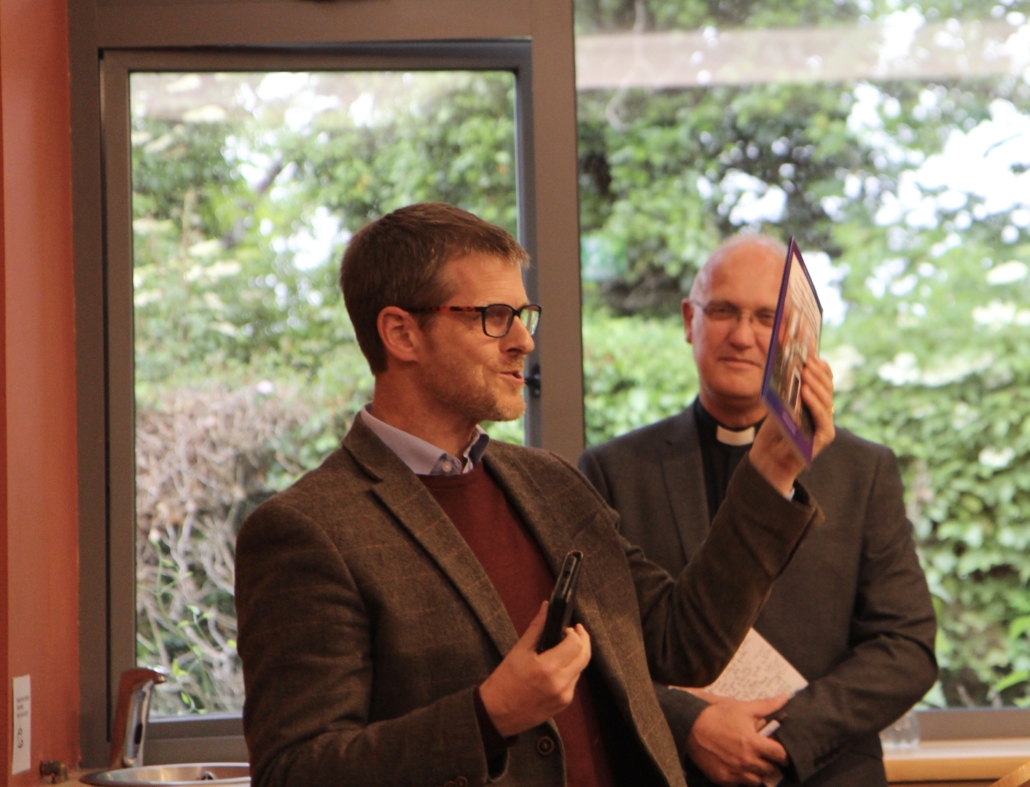
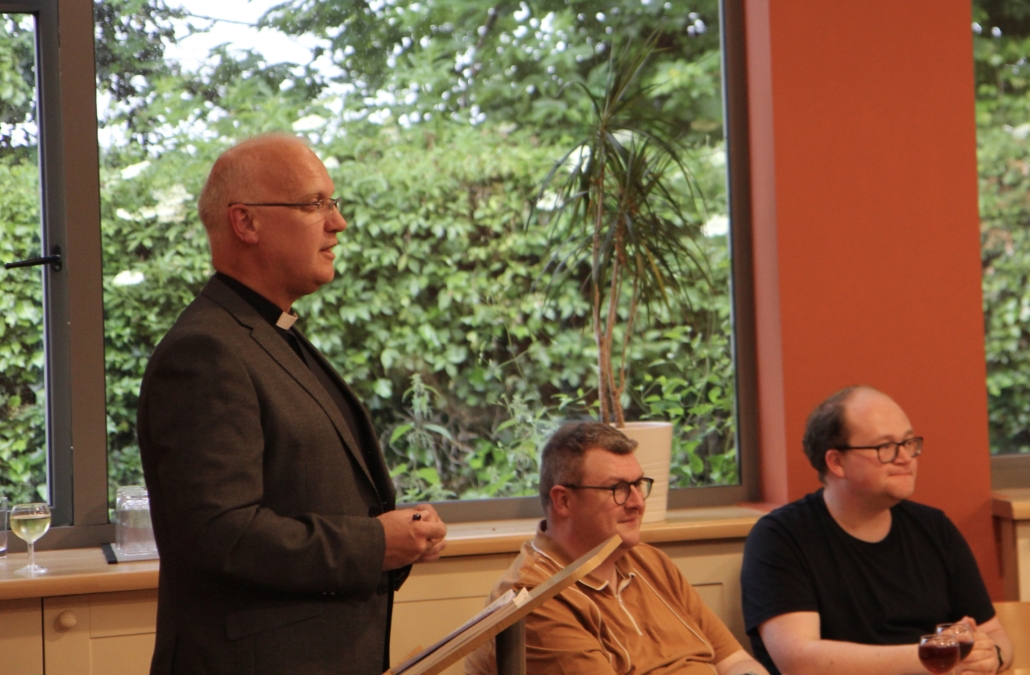
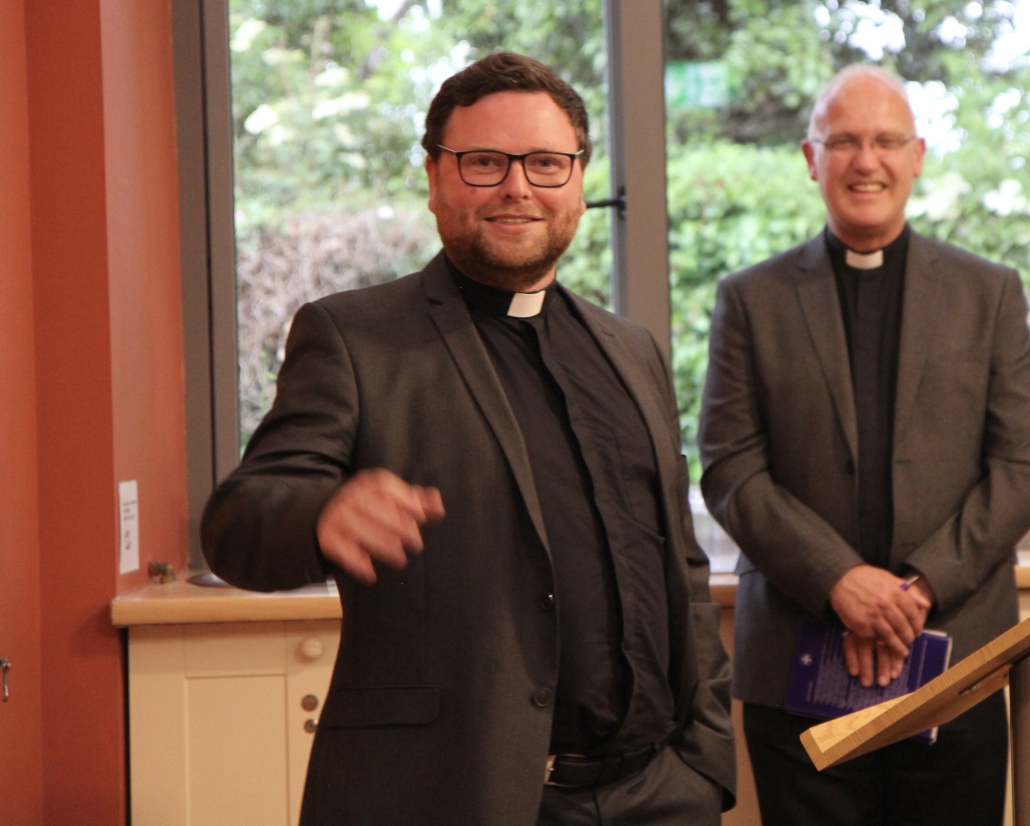
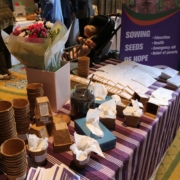
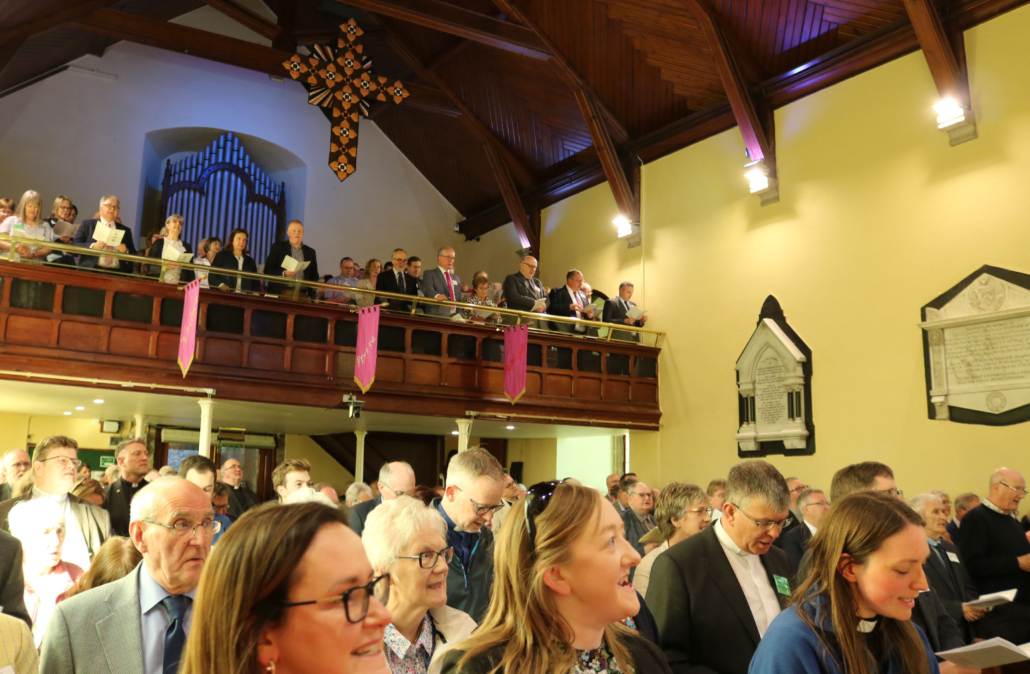
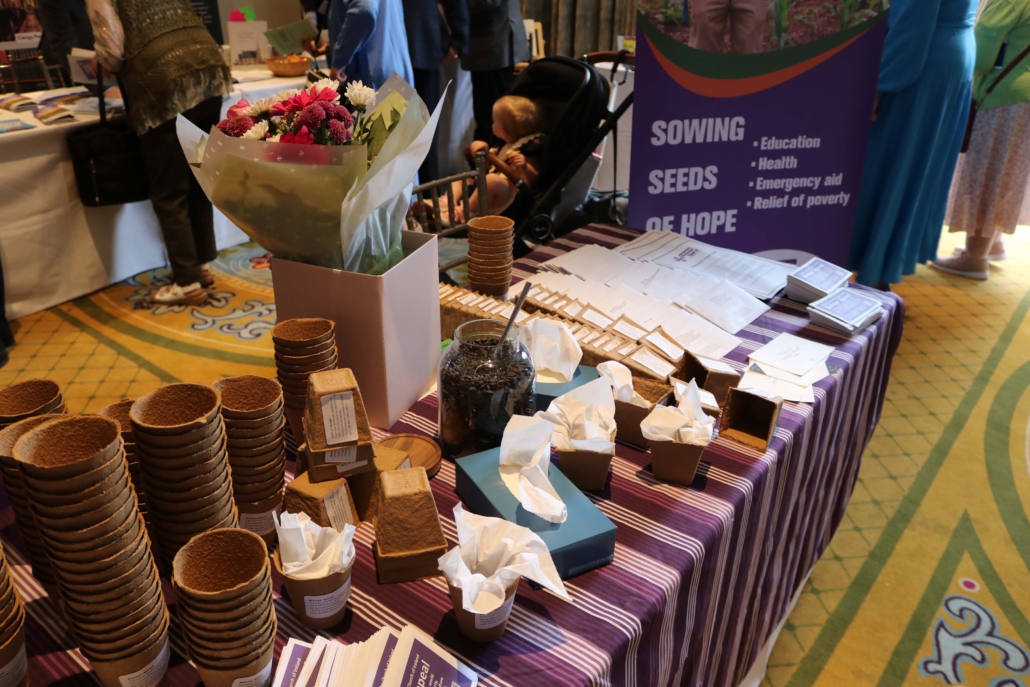
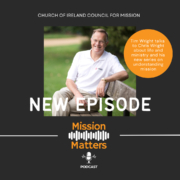
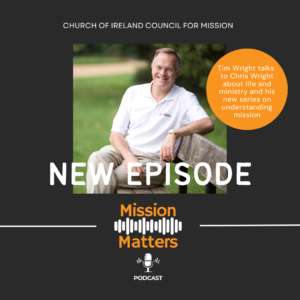 Tim Wright talks with the Revd Dr Chris Wright, Global Ambassador for Langham Partnership, in a new episode for the Mission Matters podcast. Chris shares his Belfast roots, upbringing in the Presbyterian Church, and early exposure to world mission through his missionary parents.
Tim Wright talks with the Revd Dr Chris Wright, Global Ambassador for Langham Partnership, in a new episode for the Mission Matters podcast. Chris shares his Belfast roots, upbringing in the Presbyterian Church, and early exposure to world mission through his missionary parents.